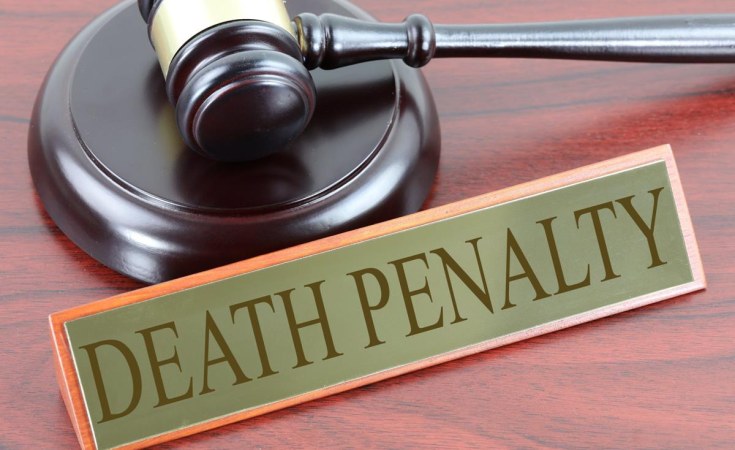But support for the death penalty appears to be dwindling in many countries.
As the world battles the deadly COVID-19 virus, countries across sub-Saharan Africa have taken a number of measures aimed at stopping the spread of the virus in their territories.
However, while efforts to address the pandemic are a stark reminder that the right to life must be protected, a new report by Amnesty International on the global use of the death penalty shows that some governments do not consistently seek to protect the right to life. In fact, in some instances they actively strive to violate it by sentencing people to death and executing them.
In 2019, four African countries south of the Sahara carried out executions despite a 5% reduction in known executions in the world. Amnesty International confirmed one execution in Botswana, one in Sudan, 11 in South Sudan and 12 in Somalia. So far this year, three more executions have been carried out in Botswana.
The situation in South Sudan is even more concerning. Since gaining independence in 2011, the country has executed at least 43 people. The 11 recorded in 2019 was its highest yearly figure so far. They included seven men executed in February 2019, three of whom were from the same family. The authorities did not even inform the men's relatives ahead of the execution. In September, four more people were executed, one of whom was aged 17 when convicted and sentenced. This goes against international human rights law and South Sudan's own constitution, which prohibits the use of the death penalty against people who were children at the time of the crime.
A spike in death sentences
When it comes to death sentences, the number handed down in sub-Saharan Africa soared to 325 in 2019, a 53% increase on the 212 in 2018. This was due to increases in ten countries: Kenya, Malawi, Mauritania, Niger, Nigeria, Sierra Leone, Somalia, Sudan, Zambia and Zimbabwe. Overall, death sentences were handed down in 18 countries in 2019, one more than in 2018.
The increase in Zambia is striking. The government says 101 people were sentenced to death in 2019, a huge rise on the 21 recorded by Amnesty International in 2018. In addition, eight people were exonerated by courts in Zambia last year having initially been found guilty and sentenced to death. This illustrates that trial courts are not perfect and that the risk of executing the innocent can never be eliminated when the death penalty is used.
At the end of the year, at least 5,731 people were known to be on death row in sub-Saharan Africa. Kenya and Nigeria account for 65% of that total. People under death sentences are at particularly heightened risk of execution when they have exhausted their right of appeal and there is no official moratorium on executions in their countries. But even where the right of appeal has not been exhausted, a lack of access to effective legal representation, lengthy delays in the appeal process, the denial of clemency, and poor prison conditions can make life on death row a harrowing experience.
Growing opposition to the punishment
Support for the death penalty appears to be dwindling in some countries. Positive actions or pronouncements, which could lead to the abolition of the punishment, were recorded in several parts of sub-Saharan Africa.
In the Central African Republic, the National Assembly took the decision to examine a bill on the abolition of the death penalty. President Teodoro Obiang of Equatorial Guinea announced that he would submit a bill to abolish the death penalty to the country's parliament. In November, Gambia's Constitutional Review Commission published a draft constitution for the country which removed death penalty provisions. In Kenya, the task force set up to review the mandatory death sentence recommended that parliament should abolish the death penalty entirely. Authorities in Zimbabwe discussed abolishing the death penalty.
The death penalty is a violation of the right of a human being to life and is the ultimate cruel, inhuman and degrading punishment. Opposition to the death penalty does not mean one condones crime. Anyone found guilty of a recognisable criminal offence after a fair trial must be held accountable. But the punishment should never be death.
Just as governments must fight against deadly diseases, including COVID-19, they must also protect the right to life by abolishing the death penalty.


